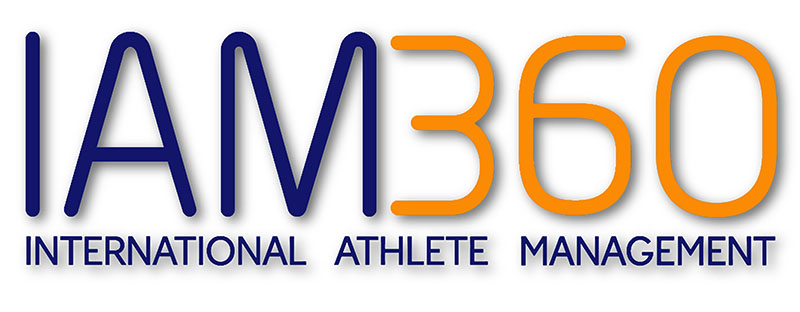A number of our athletes are gearing up for the SATs so we’ve compiled a list of top 5 study tips, courtesy of NSR!
- Find Your Spot-
Finding a place that you train yourself to enter into the study mind frame is absolutely essential. Associating a place with study is an advantage when looking to further your study habits. It is important to know what sort of atmosphere you study best in, including the noise level- some students study better in a quieter environment and some thrive in the hustle and bustle of a loud environment.
Note- try out music with a solid rhythm to study to in order to maintain momentum!! (Anon, 2007)[1]
- Review Before You Sleep-
 It is interesting to note that just before we sleep we have a greater tendency to retain the information that we read! Slow wave sleep enhances declarative memories, these memories are then categorised into facts and daily event reflection (Payne, et al., 2012). Don’t mistake this for pulling an ‘all-nighter’ as that will have an adverse affect on your information retaining capacity. Simply glancing over learned material before sleep can be greatly beneficial in cementing information into one’s mind!
It is interesting to note that just before we sleep we have a greater tendency to retain the information that we read! Slow wave sleep enhances declarative memories, these memories are then categorised into facts and daily event reflection (Payne, et al., 2012). Don’t mistake this for pulling an ‘all-nighter’ as that will have an adverse affect on your information retaining capacity. Simply glancing over learned material before sleep can be greatly beneficial in cementing information into one’s mind!
- Sing it or Write a Poem-
Writing an acrostic poem about the content that you wish to study! This is aimed at you science kids!! The power of association is greatly underestimated under the pressures of an exam. Here is an example of an acrostic poem to remember the first 5 elements of the periodic table:
Hi there, this is my brother
He is trouble
Listening to me he struggles with
Be careful
Because he bites
You can apply these poems to almost anything!!
- Balance It Out-
 During exam times, many students put their physical health on the back burner. Reducing exercise time may hinder one’s ability to retain information during study periods. A brisk 15 minute walk or a half an hour session at the gym stimulates the secretion of the endorphin hormone, putting us in a positive mood and allowing or a greater level of concentration! It is interesting to note that a study in the UK shows that the average attention span of an adult is a mere 20 minutes (annon, 2006). This gives rise to the idea that on average, students have a time span of 20 minutes to partake in active study! Anything outside of this time gap can be seen as unproductive study.
During exam times, many students put their physical health on the back burner. Reducing exercise time may hinder one’s ability to retain information during study periods. A brisk 15 minute walk or a half an hour session at the gym stimulates the secretion of the endorphin hormone, putting us in a positive mood and allowing or a greater level of concentration! It is interesting to note that a study in the UK shows that the average attention span of an adult is a mere 20 minutes (annon, 2006). This gives rise to the idea that on average, students have a time span of 20 minutes to partake in active study! Anything outside of this time gap can be seen as unproductive study.
- Switch the Study-
Switching up the study between numerous topics in one study sitting allows for the brain to be constantly stimulated through causing it to constantly consider problems. This is evident in math study, where one student can spend too much time on a topic such as division, causing the brain to adapt somewhat of an auto-pilot mode, thus ineffective study. Switching between topic (such as multiplication, division and addition) allows for effective problem solving and furthermore, information retention.
[1] http://www.dirjournal.com/guides/music-and-studying/
References
annon. (2006, May 31). Attention Span. Retrieved april 22, 2015, from Training Zone: http://www.trainingzone.co.uk/anyanswers/attention-span
Anon. (2007). Music and Study. Direction Joural .
Payne, J., Tucker, M., Ellenbogen, J., Wamsley, E., Walker, M., D.Schacter, et al. (2012). Memory for Semantically Related and Unrelated Declarative Information: The Benefit of Sleep, the Cost of Wake. US National Library of Medicine National Institutes of Health .
